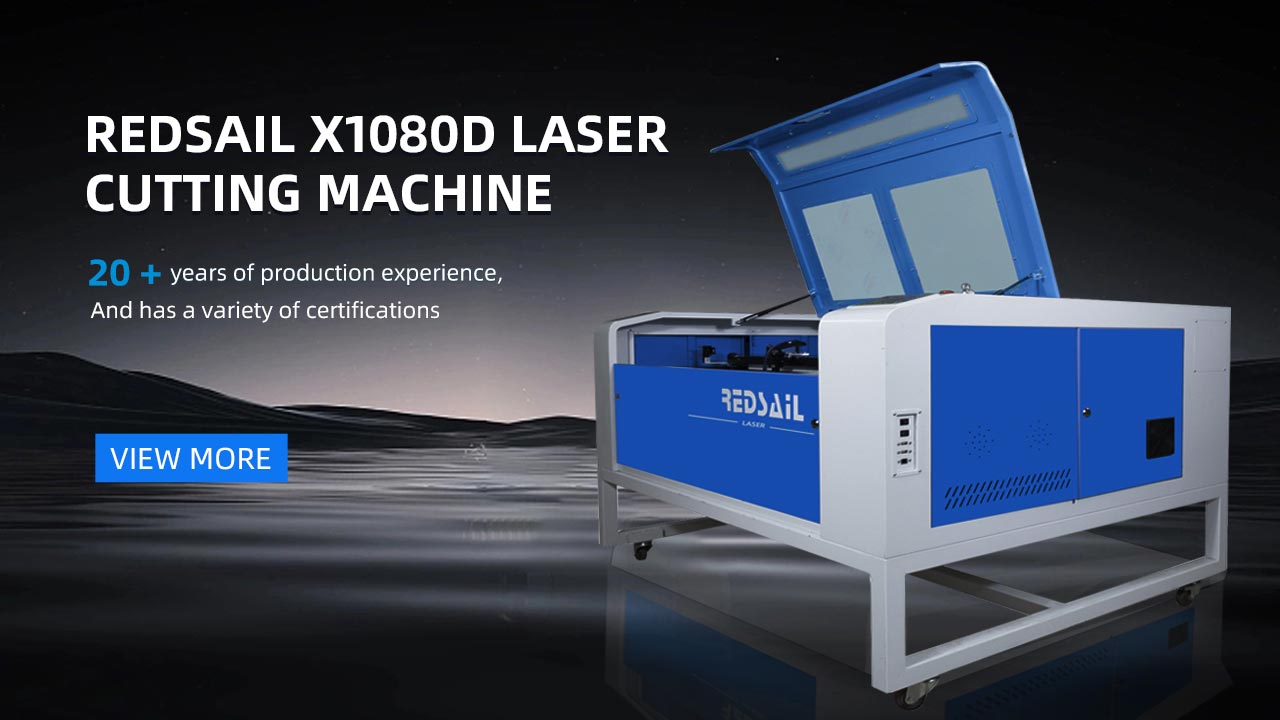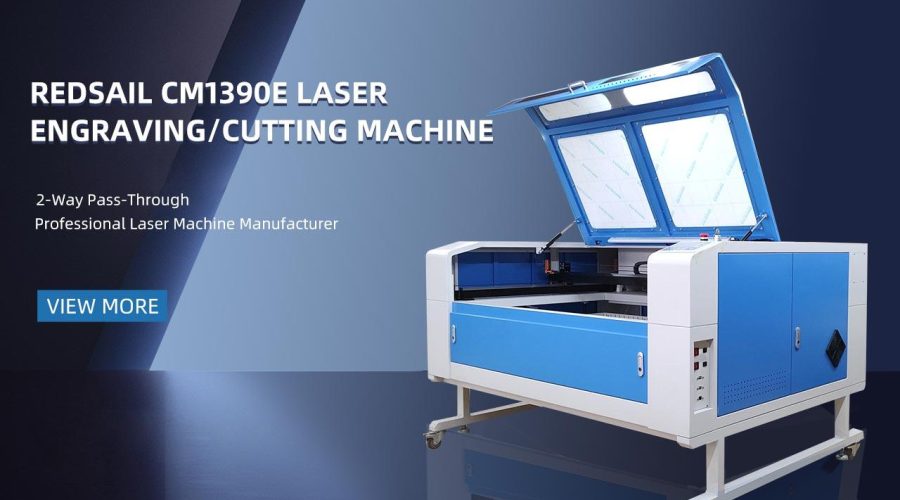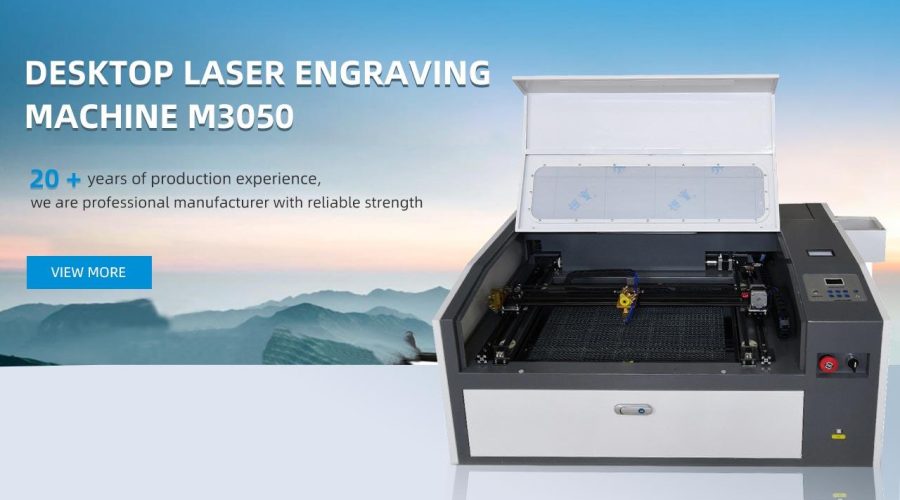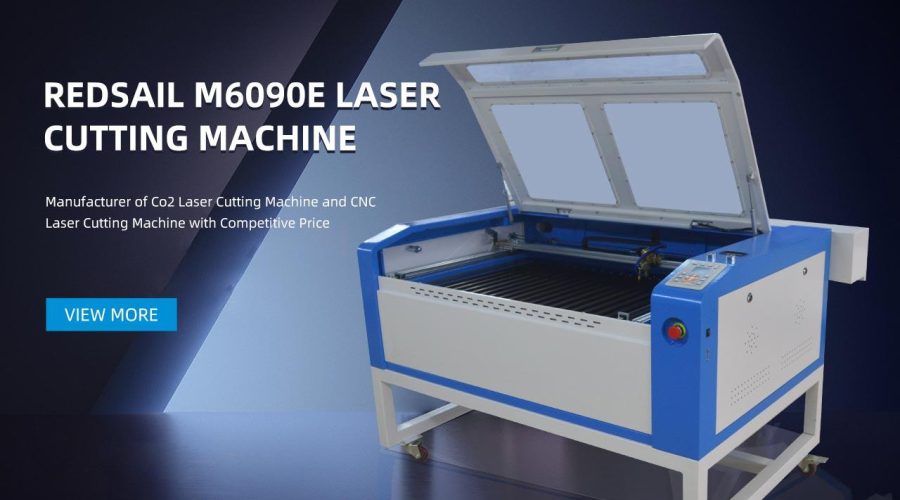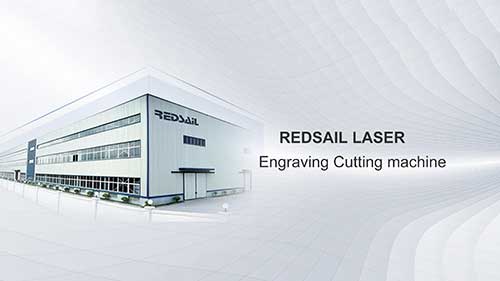What Makes CO2 and Fiber Laser Engravers the Best Choice for Precision Engraving?
When it comes to precision engraving, CO2 and fiber laser engravers have become the go-to tools for professionals in various industries. These machines offer unmatched precision, versatility, and efficiency, making them the preferred choice for a wide range of applications. In this article, we will explore the key features and benefits of CO2 and fiber laser engravers.
The Power of CO2 Laser Engravers
CO2 laser engravers utilize a beam of carbon dioxide gas to produce a highly focused laser beam. This beam can be accurately controlled to remove material from the surface of various materials. Here are some reasons why CO2 laser engravers have gained popularity:
- Precision: CO2 laser engravers offer exceptional precision due to their ability to produce narrow and focused beams. This precision allows for intricate detailing and the production of sharp, clean lines.
- Versatility: CO2 laser engravers can work with a wide range of materials, including wood, acrylic, glass, leather, plastics, and more. They deliver excellent results regardless of the material’s hardness or surface irregularities.
- Efficiency: With CO2 laser engravers, jobs can be completed in a fraction of the time compared to traditional manual engraving methods. The accuracy and speed offered by these machines greatly enhance workflow and productivity.
The Advantages of Fiber Laser Engravers
Fiber laser engravers employ a fiber-optic laser source to produce incredibly precise beams of light. This technology offers numerous advantages, making fiber laser engravers a top choice for precision engraving tasks:
- Speed: Fiber laser engravers operate at high speeds, enabling quick completion of projects. Their rapid processing capabilities make them suitable for applications that require mass production.
- Durability: Fiber laser sources are known for their long lifespan and low maintenance requirements. This durability ensures consistent performance over an extended period, leading to cost-effectiveness for businesses.
- Marking on Metal: Fiber laser engravers excel in marking and engraving metals, such as steel, aluminum, titanium, and more. The fine and high-contrast markings achieved by fiber lasers make them ideal for permanently etching logos and serial numbers.
The Versatility of Laser Engravers
Both CO2 and fiber laser engravers provide remarkable versatility in terms of their capabilities. Apart from the materials mentioned earlier, these machines can also engrave on ceramics, coated metals, stone, fabric, and other surfaces. This wide range of applications makes laser engravers an invaluable tool for industries such as:
- Aerospace: Laser engravers are used for part identification, serial numbering, and branding on various components, ensuring traceability and quality control.
- Jewelry: Precise and intricate designs can be engraved on metals, gemstones, and other jewelry materials, enhancing their aesthetic appeal.
- Electronics: Laser marking is commonly used to add logos, serial numbers, and barcodes on electronic components, enhancing product identification and inventory management.
- Medical: Laser engraving ensures the accurate and permanent identification of medical devices, tools, and surgical instruments. It also allows for precise cutting and marking during delicate surgical procedures.
FAQs
What materials can be engraved using CO2 and fiber laser engravers?
CO2 and fiber laser engravers can work with a wide range of materials, including wood, acrylic, glass, leather, plastics, ceramics, coated metals, stone, fabric, and more.
Can laser engraving be used for marking metals?
Absolutely! Fiber laser engravers are specifically designed for marking and engraving on metals such as steel, aluminum, titanium, and more. The high-contrast and precise markings achieved make fiber lasers ideal for metal engraving applications.
How fast are laser engravers compared to traditional methods?
Laser engravers are significantly faster than traditional manual engraving methods. They offer rapid processing capabilities, allowing for quick completion of projects and increased productivity.

